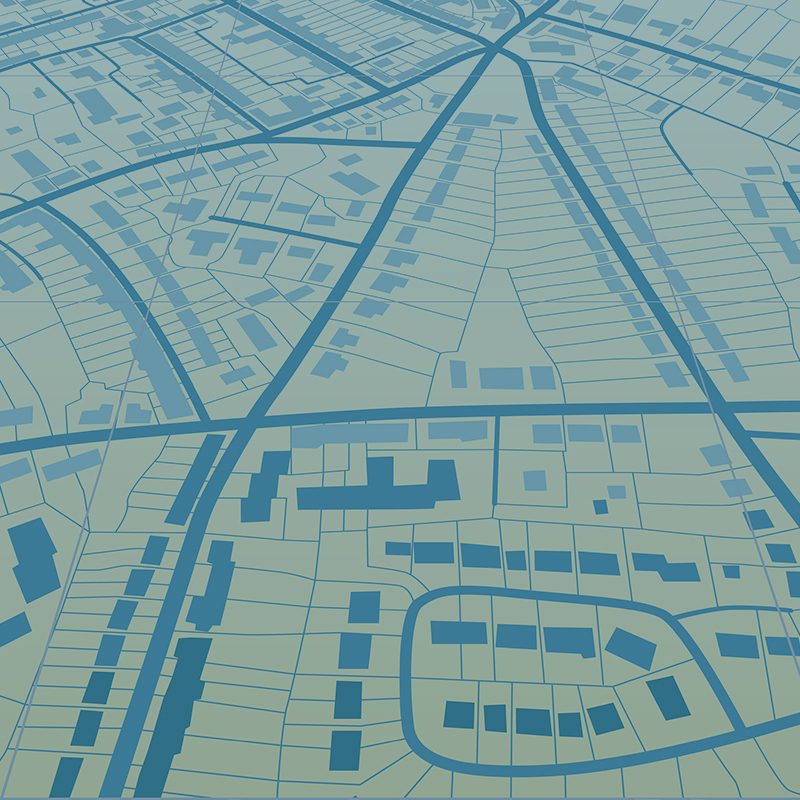
ENVIRONMENT – SPATIAL PLANNING – TOWN PLANNING
Planning is comprised of two distinct classes:
- At Spatial Planning, planning is purely characterized by strategy and indicative content – Strategic Planning.
- At Urban Planning, planning has a regulatory character – Regulatory Planning.
At the same time, the field of environmental law requires environmental assessment by organizing a framework for classifying activities. Environmental impact assessments accompany the choices of both planning and any intervention in the environment.

LICENCING ACTS – BUILDING PERMITS
The issue of building in our country was – and is – a field of state policy which, based on the institutional regulatory framework, is linked to our culture, the prevailing socio-economic conditions, our way of life and expression. A building permit is not just an administrative act. It is a permit to intervene in the environment which remains for many years as a cultural testimony to the conditions and perception of a society and its influences in the time that it was issued.

INVESTMENTS – LICENSING FRAMEWORK
Strategic investments, public and private, are governed by a specific framework which sets out rules for planning criteria – incentives – fast-track licensing.
The legal framework also promotes a centralized approval – licensing – monitoring procedure in order to provide legal certainty for investors and to speed up the procedures for the adoption of administrative acts.

SUSTAINABILITY
Sustainability and Climate Change issues are having an increasingly direct impact on businesses, investors, consumers, the workforce and governments. Consequently, the management of an organization’s legal parameters now requires the inclusion of environmental, social and governance (ESG) criteria.
All law-documents are updated on the basis of all the latest amendments made.

